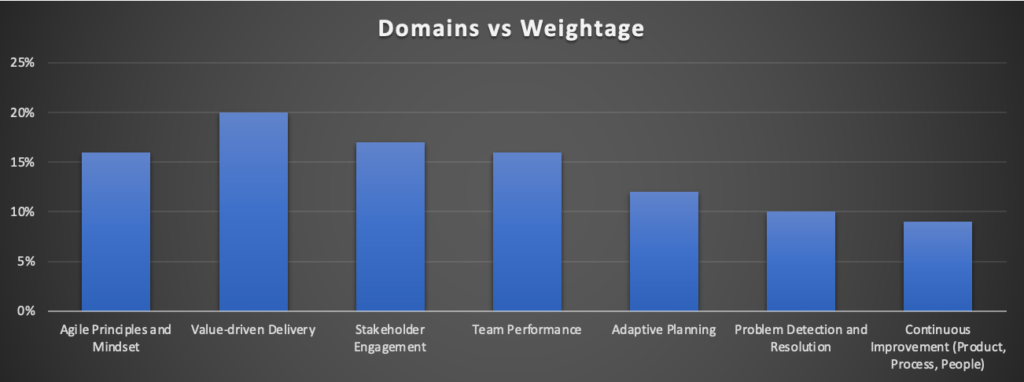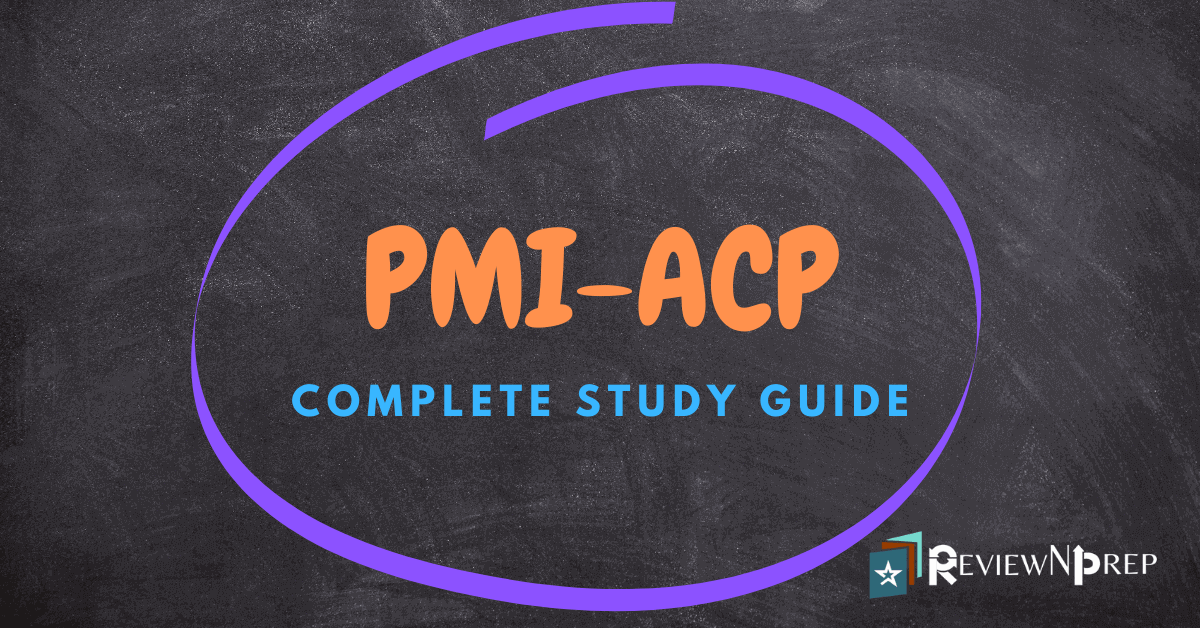|
|
Table of Contents
Introduction
Agility is a key ingredient in project success. In order to be agile, your project team needs to have a clear understanding of the goal, the scope of work, and the required resources. They also need to be able to quickly adapt as new information arises.
There are a number of ways to achieve agility on your project. One approach is to use short cycles – for example, developing a plan for one week, executing that plan for one week, and then adjusting as needed. Another approach is to use adaptive planning – constantly updating the plan as new information becomes available.
Finally, you need to ensure that your team is able to communicate effectively. Good communication can help teams stay on track and make quick decisions when necessary.
Common Framework for Agility are Scrum, Kanban, Lean and XP (extreme Programming).
Whether you’re a new Project Manager looking to improve your agility skills, a Scrum Leader seeking new ways to improve your team performance, or an experienced agile practitioner looking for new ways to apply agility principles, this guide will help you get started. We’ll discuss how Agility Certified Practitioner (ACP) exams measure your ability to apply agile principles, and we’ll provide tips for preparing for the PMI-ACP certification exam.
What Is PMI-ACP Certification?
PMI-ACP is offered by Project Management Institute (PMI) famous for its PMP certification. PMI-ACP certification exam is an important milestone for any Agile Project Manager. Becoming certified demonstrates your commitment to excellence and sets you apart from your competitors. The PMI ACP exam is challenging, but with the right preparation, you can pass with flying colors.
Prerequisites For PMI-ACP
As per PMI, below are the prerequisites:
- Secondary degree education
- 21 contact hours of training in agile practices
- 12 months of general project experience within the last 5 years. A current PMP® or PgMP® will satisfy this requirement but is not required to apply for the PMI-ACP
- 8 months of agile project experience within the last 3 years
Tips For Your PMI-ACP Application Process
- Talk about your experience as a servant leader. Include examples that showcases how you fostered teams to self-govern, self-organize, and operate independently. Further examples could include creating an open environment for your agile teams in which everyone could share their ideas and feedback and always strive for continuous improvement.
- Talk about specific dates/times and the outcomes of the project.
- Don’t overlap projects; doing so doesn’t double your experience.
- Remember that this certification is about agility. So, talk about your agile experience in projects.
PMI-ACP Exam Details
Exam Duration: 3 hours/180 minutes
Total Number of Questions: 120 multiple-choice questions
Cost: Member: US$435.00 | Non-member: US$495.00
Total Time To Prepare For The Exam
Everyone learns differently! If you are starting from the scratch, it may take you anywhere from 100-150 hours for the actual exam. This doesn’t include the time you spend for your application.
How To Maintain PMI-ACP Credential
Once you pass your certification, you must earn 30 professional development units (PDUs) in agile topics every three years.
Tips for Preparing of PMI-ACP Certification
- First and foremost, make sure you have a strong foundation in agile methodology. You should have a clear understanding of key concepts including agile values and principles, framework, terminology, problem solving and servant leadership. This will help you better understand the concepts covered in the PMI ACP exam.
- Read the books suggested in the resources section and make extensive notes to refer for later. In the real exam you can expect questions from a wide variety of agile practices
- Be sure to study the relevant topics in the PMI ACP curriculum. This will give you a strong understanding of what’s covered on the exam and will help you focus your studies.
- Flash cards can help you memorize key terms. Use ReviewNPrep free flashcard tool to create your custom flash cards. Link here.
- Make a plan and study regularly. Additionally, take practice exams at regular intervals. This will not only validate your knowledge but also help cement the key terminologies in your mind.
Resources For PMI-ACP Certification
Once you have a good understanding of the basics, it’s time to start preparing for the PMI ACP exam. There are many resources and study materials available online that can help in your exam preparation.
1. PMI offers free online resources such as video tutorials and practice exams. Exam outline, flyer and presentation can be downloaded from this link.
2. Go through the Domains 1 to 7 – see where you were your weakest and where you may need to improve. Your exam preparation should be aligned to the exam requirements. Below are the domains for your exam questions:

3. There are many reputable book publishers that offer certification-level guides to agile development methodology. Some good ones are –
Agile Retrospectives: Making Good Teams Great
Agile Project Management: Creating Innovative Products
4. If studying from scratch isn’t your thing, there are also take-home examinations available from various providers. Practice questions as much as you can till you achieve at least 90% in mock tests.
PMI-ACP Exam Tips
1. Sometimes the correct answer to the question is not what you do in the project, but what PMI expects. So, choose the most textbook-based agile answer to the question.
2. There is negative marking. So, attempt all the questions even if you are not sure. For the questions you are unsure of, use the process of elimination. Eliminate all the wrong answers and go with your gut feeling on the remaining choices.
3. If you are taking the exam online, make sure you use the washroom before you take the exam.
4. It is important to note that most questions will be situational. This means that the test does not seek to validate “meanings” or “terms”. So, be prepared to read between the lines, mentally highlight the keywords (like backlog, burndown, iteration, sprint etc) in the question and answer accordingly.
5. You can bookmark the questions you are not sure about. Ideally you should leave time for review for all the questions. But if you are short on time, revisit the ones that you have bookmarked.
6. You must look out for the words that are against the Agile principles in the list of answers that help to eliminate options.
Conclusion
An Agile certification is typically not hard to crack if you have some real hands-on experience. However, PMI-ACP is much more difficult exam than Certified Scrum Master (CSM) or Professional Scrum Master (PSM). Hopefully, by now you have everything you need to know about preparing for the PMI ACP exam. The bottom line is that preparation for the PMI ACP exam is essential if you want to achieve Certification level status. With the right tools and strategies in place, achieving your goal is within reach!
Further Reading: Agile, DevOps, CI/CD – How are they related

